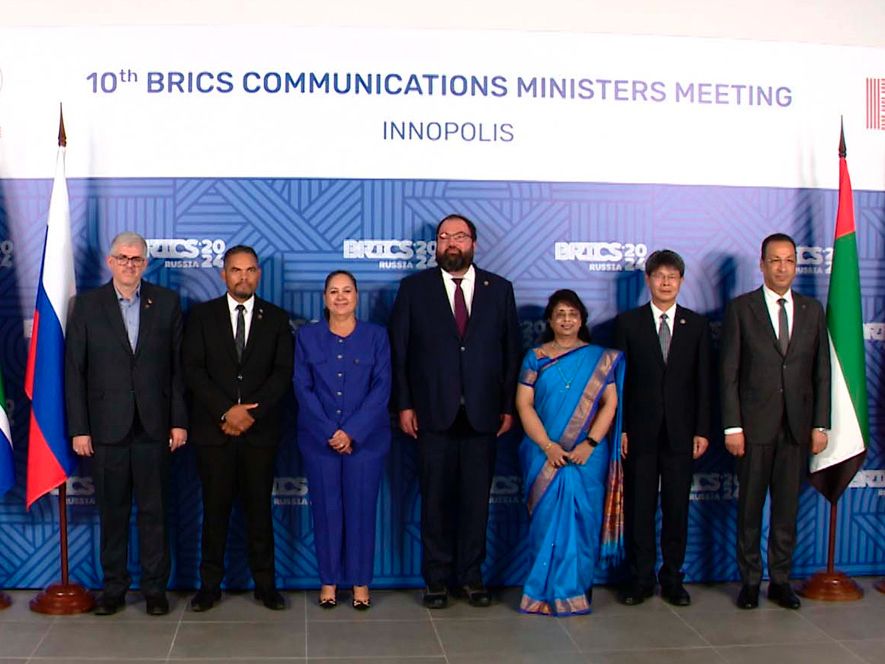The 10th Meeting of BRICS Ministers of Communications, currently underway in Innopolis, is setting the stage for robust discussions on the development of digital technologies within the framework of international cooperation. Representatives from BRICS nations—Russia, China, India, Brazil, South Africa, and observer countries like Iran and Egypt—are exchanging experiences and showcasing their most advanced digital innovations. Gleb Berkun, a leading Russian expert, highlighted key achievements from the event’s initial proceedings. The focus of this year’s forum is digital sovereignty and innovation—key themes for every participating nation. In his opening address, Russia’s Minister of Digital Development, Communications, and Mass Media, Maksut Shadayev, emphasised the growing strength of BRICS collaboration.
“It is particularly heartening to see BRICS continue its expansion, welcoming new partners who bring fresh perspectives. This not only deepens our cooperation but also empowers us to address pressing global challenges more effectively. Today’s discussions are about setting the groundwork for future projects, joint initiatives, and large-scale partnerships,” remarked Shadayev. Tatarstan, a shining example of Russia’s technological prowess, was spotlighted during the Minister’s speech. The Republic, which is leading Russia in digitalisation and IT development, is projected to reach a record 200 billion rubles in IT revenue this year. This milestone, he added, demonstrates that Russia has much to contribute to the global digital landscape.
South Africa’s Deputy Minister of International Relations and Cooperation, Elvin Botes, echoed the sentiment. “I extend my heartfelt gratitude to Russia and particularly Tatarstan for their warm hospitality. South Africa recognises that we are entering a new era of cooperation. The role of digital technologies in shaping our future cannot be overstated, and we are all jointly responsible for its development,” Botes stated.
While the main discussions of the agenda were held in closed sessions, it became clear that, despite each country’s unique digital journey, all participants are united by the desire to collaborate and exchange expertise. From China’s advancements in remote mineral extraction to India’s growth in offshore programming, and Brazil’s efforts to make education accessible to all through the internet, each country brings valuable innovations to the table. An impressive showcase of Russia’s cutting-edge digital achievements was on full display at the event’s high-tech exhibition. Tatarstan’s Ministry of Digital Development presented its pioneering work, revealing that it is the first region in Russia where all government and municipal services are fully digitised.
“The economic impact of these digital services has been remarkable, with an estimated benefit of around 20 billion rubles by the end of 2023,” said Airat Khairullin, Tatarstan’s Minister of Digital Development, Public Administration, Information Technology, and Communications. “Today, we discussed these successes at the BRICS forum. China alone has over a billion people to connect through communication and internet services, and their experience is invaluable for us.” A key highlight of the meeting was the signing of a declaration, marking yet another step forward in strengthening the cooperation and digital sovereignty of BRICS countries.
This pivotal gathering underscores the importance of continued collaboration in the rapidly evolving digital landscape, ensuring that BRICS nations remain at the forefront of global innovation while upholding the sovereignty of each individual nation.




 Subscribe Us
Subscribe Us

















